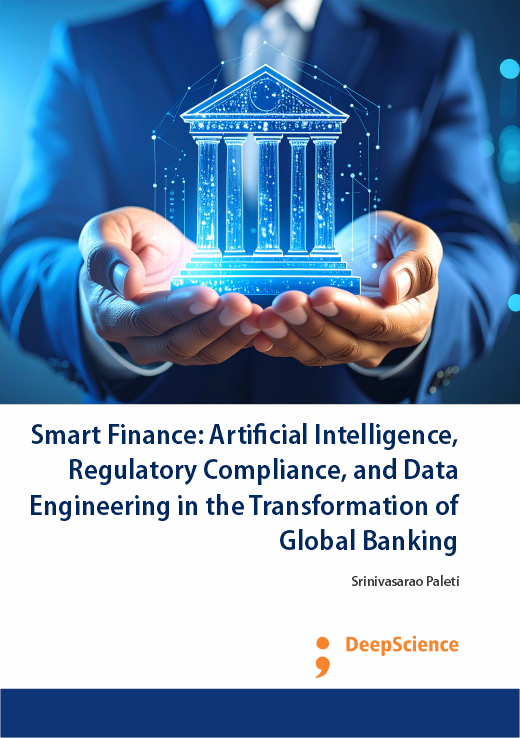Strategizing the future of finance: Ethical artificial intelligence, sustainable investment, and the role of regulation in innovation
Synopsis
With the emergence of Artificial Intelligence (AI), the future of finance is making a definitive turn towards faster, more efficient, and effective instruments. Wealth creation and sharing used to exclusively occur in the private sector, but state institutional powers have targeted private gains to lessen the burden on society and direct market funds toward strategic goals that create public gains. At the same time, the private sector is increasingly taking on social functions by awarding monetary gains for building inclusive climates or ecological safety, thus both private and public gains overlap (Schanzenbach & Sitkoff, 2020; Zeng et al., 2021).
Notably, the negative spillovers of finance directed towards private gain are increasingly unbearable. Today, private action facilitates the accumulation of wealth in the hands of a few. The blockchain infrastructure is fuelling and exacerbating a trend already anticipated by economic scandals. What has seemed lost in the discussion about financialization, resulting in using money only to make money, has been the idea of risk taken in pursuit of private gain resulting in the sharing of risk and reward. Indeed, what could occur tomorrow to cause ordinary citizens to contribute to greater gains? Such is the objective of this essay: to explore that question, sceptical about the sustainability of finance conceived as using money only to make money and relying exclusively on private accumulations Døskeland & Pedersen, 2016; Arner et al., 2017; Gikay & Stanescu, 2022).
We cannot escape the idea that the worst in store for us is the dream of speculative finance resulting in high volatility of financial assets relative to their value. We consider that speculation is a form of gambling, and gambling is based on high positive outcomes that are extremely unlikely. But what if the future were no longer mainly concerned with speculative finance, but with directing money towards the accomplishment of strategic goals that would create public gains? Would such a financial world force both the public and private sectors to accept that financial fate, pushed by risk-sharing?













